The best dark comedies operate in that narrow zone between entertaining and unsettling. They challenge social norms and push the boundaries of conventional storytelling, using humor to tackle serious topics like mental illness, revenge, and existential despair. By packaging these themes alongside hearty laughs, their commentary becomes easier to swallow but no less impactful.
Indeed, many dark comedies are funny at first but, when one ponders them for a while, they become unnerving, even frightening. The viewer laughs even as they squirm in discomfort. With this in mind, here are the ten dark comedies that disturb their audience the most. From biting social commentaries to damning character studies, these movies prove that comedy seriousness need not be mutually exclusive.
10 ‘Promising Young Woman’ (2020)
Directed by Emerald Fennell
“Can you guess what every woman’s worst nightmare is?” Before achieving social media ubiquity with Saltburn, actress-turned-director Emerald Fennell helmed this potent tale about a med school dropout named Cassie (Carey Mulligan) whose life takes a dark turn after the trauma suffered by her best friend. Cassie spends her nights at bars, pretending to be drunk to lure predatory men into attempting to take advantage of her, only to confront them with their actions when they least expect it. Her double life becomes a methodical form of vigilante justice.
Promising Young Woman blends dark humor with a razor-sharp social critique, anchored by a winning performance from Mulligan and a twisty script that subverts audience expectations. Not for nothing, Mulligan received a Best Actress Oscar nomination and Fennell won for Best Original Screenplay. The infectious soundtrack is an added bonus. While entertaining, Promising Young Woman is unsettling, as the attitudes and actions it depicts are very real.
9 ‘The Banshees of Inisherin’ (2022)
Directed by Martin McDonagh
“I do worry sometimes I might just be entertaining myself while staving off the inevitable.”
Set on a remote Irish island, The Banshees of Inisherin follows the sudden and perplexing end of a lifelong friendship between two men, Pádraic (Colin Farrel) and Colm (Brendan Gleeson). When Colm abruptly decides he no longer wants to speak to Pádraic, citing a desire for peace and solitude, the fallout is both tragic and darkly comedic.
The film is by turns poignant and uproariously funny, but when it gets dark, it gets dark. Most of the scenes are passed off as jokes, but their content is often deeply twisted. The moments of death and loss are especially hard-hitting. While not as immediately entertaining as Martin McDonagh‘s beloved In Bruges, The Banshees of Inishering surpasses it as a black comedy, subtlety making profound and exisential points that are sure to linger on the viewer’s mind long after the credits have rolled.
8 ‘Withnail and I’ (1987)
Directed by Bruce Robinson
“I think we’ve been in here too long.” This cult classic chronicles the misadventures of two struggling actors, Withnail (Richard E. Grant) and Marwood (Paul McGann), as they navigate the squalor of 1960s London. In an attempt to escape their dire living conditions, the pair embark on a disastrous countryside retreat to Withnail’s uncle’s cottage. Their rural escapade quickly spirals into a series of farcical encounters involving aggressive locals, questionable alcohol consumption, and an uninvited seduction by Withnail’s eccentric uncle (Richard Griffiths).
With bleak humor, the film ably captures the existential dread and self-destructive tendencies of its protagonists. The dark comedy is interwoven with themes of unemployment, addiction, and the looming fear of an uncertain future. With its weighty themes, sharp dialogue and unforgettable characters, Withnail and I stands out as a definitive example of British dark comedy. It’s the kind of movie that reveals new layers on repeat viewing, with fresh lines standing out with each watch.
7 ‘Ingrid Goes West’ (2017)
Directed by Matt Spicer
“LA is the best. I’m making a ton of new friends.” Ingrid Goes West is one of the best recent dark comedies about the obsessiveness of social media culture. Aubrey Plaza leads the cast as Ingrid Thorburn, a troubled young woman who becomes fixated on the seemingly perfect life of Instagram influencer Taylor Sloane (Elizabeth Olsen). After a brief stint in a mental institution, Ingrid uses her inheritance to move to Los Angeles, ingratiating herself into Taylor’s life under false pretenses. As Ingrid’s obsession deepens, her behavior becomes increasingly erratic and desperate.
Ingrid’s tale becomes a satire of online superficiality and the dangerous lengths people will go to for validation. It succeeds thanks to Plaza’s committed lead performance. She infuses the character with such depth and vulnerability that you can’t help but sympathize with her, even as her actions spiral out of control. Taken together, Ingrid Goes West makes for an entertaining and smart movie, whose critique of social media will only grow more relevant in the years to come.
6 ‘The Lobster’ (2015)
Directed by Yorgos Lanthimos
“If you encounter any problems you cannot resolve yourselves, you will be assigned children, that usually helps.” Set in a dystopian future, The Lobster imagines a world where single people are sent to a hotel and given 45 days to find a romantic partner. If they fail, they are transformed into an animal of their choice. The protagonist, David (Colin Farrel), tries to navigate the bizarre and oppressive rules of the hotel, eventually escaping to join a group of loners who reject the societal pressure to pair up.
This is the kind of wonderfully strange tale one would expect from offbeat visionary Yorgos Lanthimos. At first glance, it may seem relatively tame (especially compared to his debut effort, Dogtooth) but, the longer one thinsk about it, the more sinister and discomforting it becomes. Once again, the ideas it explores are real, as society tends to look down on single people as well as those who eschew traditional family arrangements.
5 ‘World’s Greatest Dad’ (2009)
Directed by Bobcat Goldthwait
“The worst thing in life is ending up with people who make you feel all alone.” Robin Williams turns in one of his best performances in this film as Lance Clayton, a high school poetry teacher and struggling writer. His life takes a tragic and unexpected turn when his son, Kyle (Daryl Sabara), accidentally dies in a bizarre autoerotic asphyxiation incident. To spare Kyle’s memory from humiliation (as well as himself), Lance stages the scene to appear as a suicide and writes a fake, heartfelt suicide note. The note goes viral, turning Kyle into a posthumous hero and giving Lance the literary recognition he’s always craved.
From here, World’s Greatest Dad explores into an unnerving analysis of celebrity and denial. The film’s grim and provocative subject matter clearly alienated some viewers (it grossed just $221 thousand against a budget of $10m) but it’s undeniably smart and powerful, certainly worth watching. Williams, alone, is worth the price of admission.
Directed by Mark Mylod
“You will eat less than you desire and more than you deserve.” Superbly directed by Mark Mylod (Game of Thrones, Succession), The Menu follows a young couple who travel to an exclusive island to dine at a prestigious restaurant where the enigmatic chef, Julian Slowik (Ralph Fiennes), has prepared a lavish and unique tasting menu. As the evening unfolds, the guests realize that the meal comes with unexpected and increasingly sinister twists, turning the dining experience into a night of suspense and horror.
The Menu takes shots at everything from elitism and fine-dining culture to economic inequality. Most importantly, the plot swerves into some dark territory without warning, resulting in several shocking scenes. Its strongest asset, however, is Fiennes. He’s on top form, turning in a performance that’s almost on the level of Lord Voldemort in terms of villainousness. He’s spellbinding, stealing every scene he’s in and carrying long stretches of the movie on his own.
3 ‘American Psycho’ (2000)
Directed by Mary Harron
“I have to return some videotapes.” American Psycho follows the double life of Patrick Bateman (Christian Bale), a wealthy investment banker in 1980s New York who conceals his psychopathic ego beneath a facade of charm and success. By day, Bateman navigates the cutthroat world of Wall Street, but by night, he indulges in violent and sadistic fantasies that blur the line between reality and delusion. As his obsession with materialism and status grows, so does his appetite for murder.
The movie is a satirical critique of consumer culture, masculinity, and the emotional emptiness of wealth. Bale is impressively chilling in the role, making American Psycho into a compelling study of a man disconnected from empathy and morality. The violence and grim humor are hard to endure at times, but that’s the point. The film hits the viewer like a sledgehammer, and remains as intense and spot-on now as it was a quarter-century ago.
2 ‘Happiness’ (1998)
Directed by Todd Solondz
“I wake up happy, feeling good… but then I get very depressed, because I’m living in reality.” Few dark comedies can top Happiness in terms of shock value and controversial content. It’s an ensemble film exploring the personal demons and desires of a large cast of suburban characters. Among its characters are a phone sex addict, a person guilty of murder, and a socially awkward writer, each grappling with their own version of happiness in a world that seems indifferent to their suffering.
The film’s humor stems from its frequent moments of discomfort, which are sometimes wince-inducing. It builds up to one memorably intense scene where a character makes a terrible confession in a casual tone. Most viewers will be repelled by the film’s darkness, but it’s certainly powerful in its own twisted way. Few filmmakers have the guts to tell a story like this. Fewer still have the ability to pull it off.
1 ‘Man Bites Dog’ (1992)
Directed by Rémy Belvaux, André Bonzel, and Benoît Poelvoorde
“Usually I start the month with a postman.” When it comes to the most disturbing dark comedies, nothing can top this groundbreaking satirical mockumentary. Man Bites Dog is about a documentary crew filming the daily life of Ben (Benoît Poelvoorde), a charismatic yet ruthless serial killer. The film blurs the line between observer and participant as the crew becomes increasingly involved in Ben’s violent activities, even assisting in his crimes. The narrative unfolds with a mix of dark humor and graphic violence, exploring themes of media sensationalism and the desensitization to brutality.
Dismissed by some as in poor taste, Man Bites Dog is stark, unapologetic, and smart, with a lot more going than initially meets the eye. More than that, some have interpreted the movie as a statement on filmmaking itself. The viewer is also implicated in this critique. For these reasons and more, the film is still shocking more than 30 years after its release. There’s nothing quite like it.







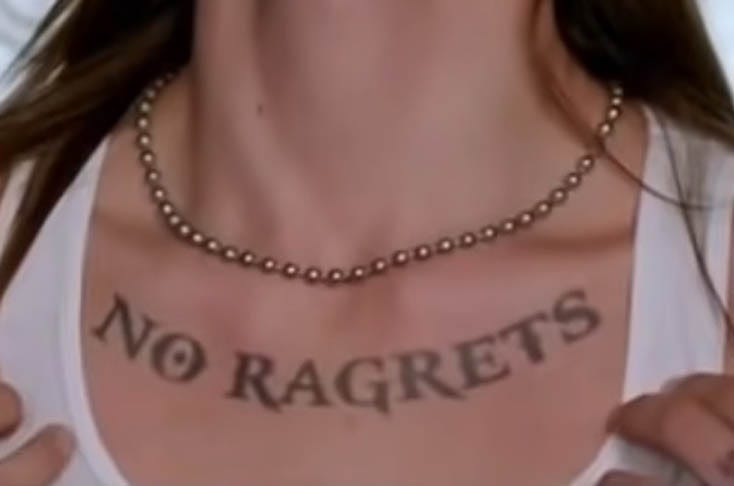
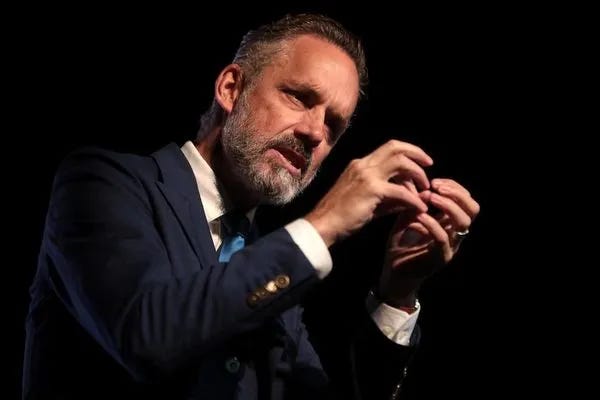

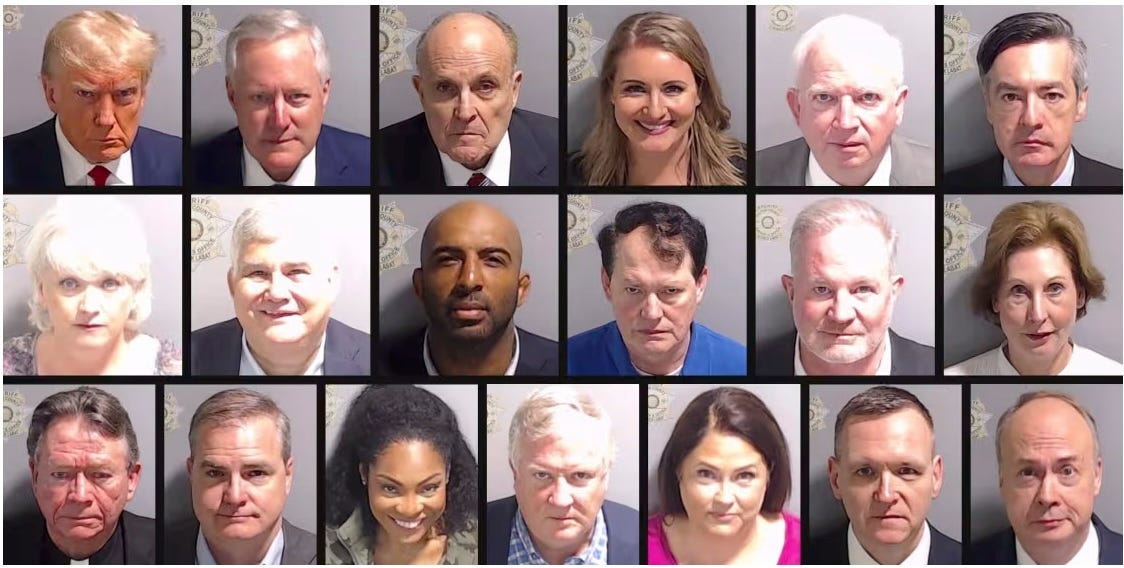









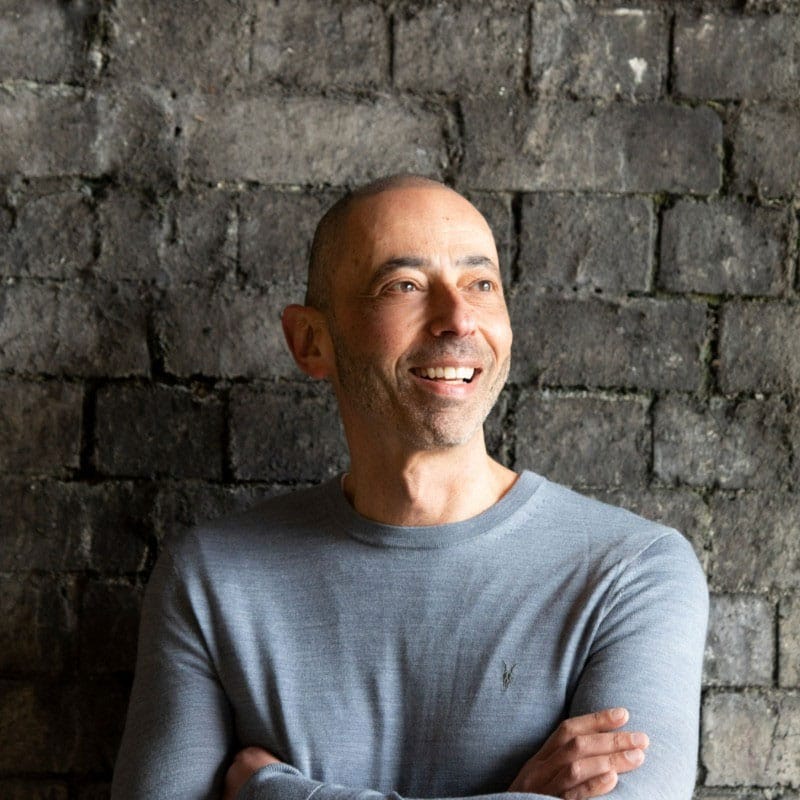





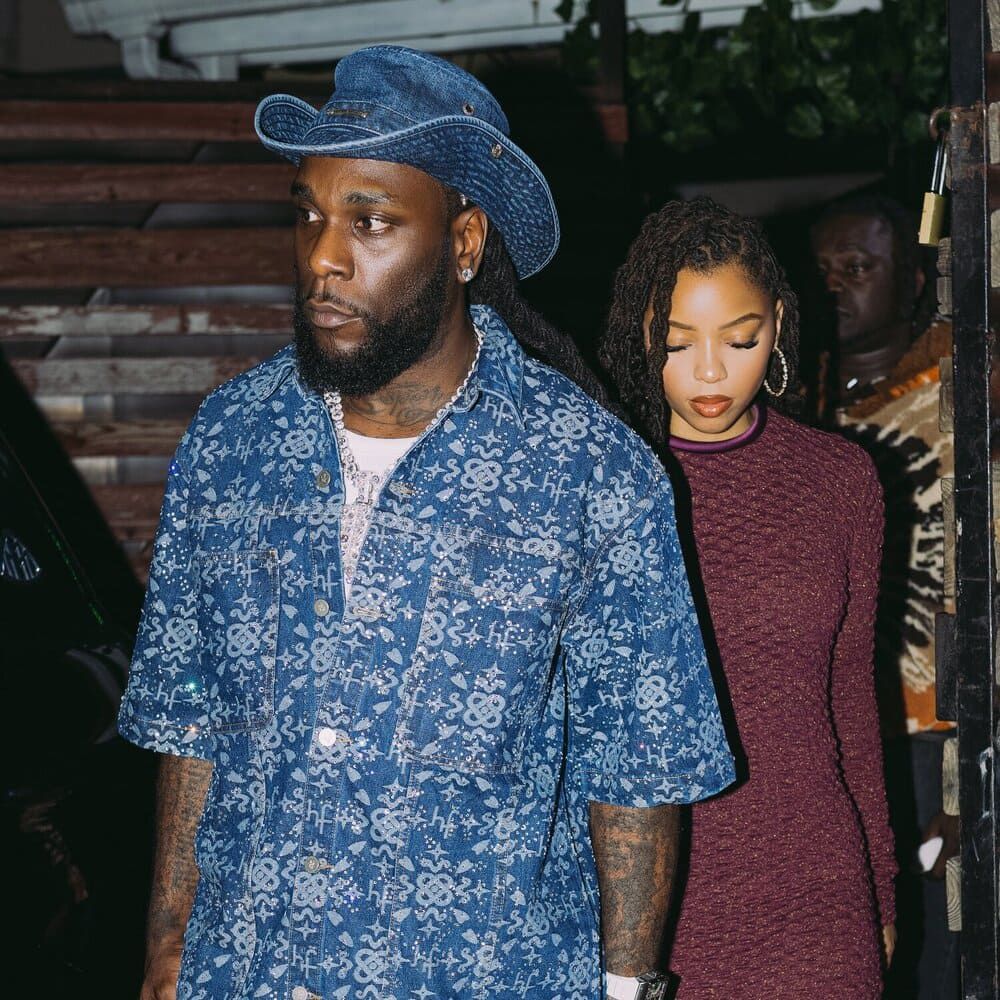











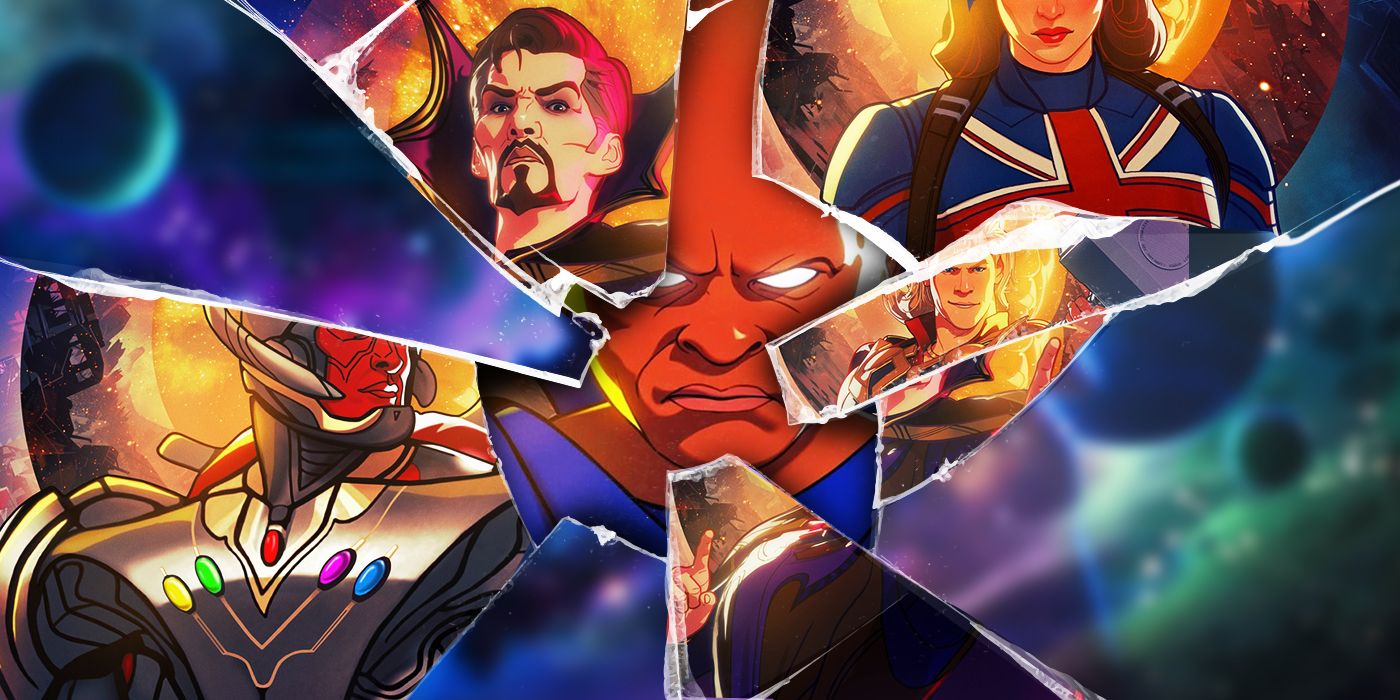


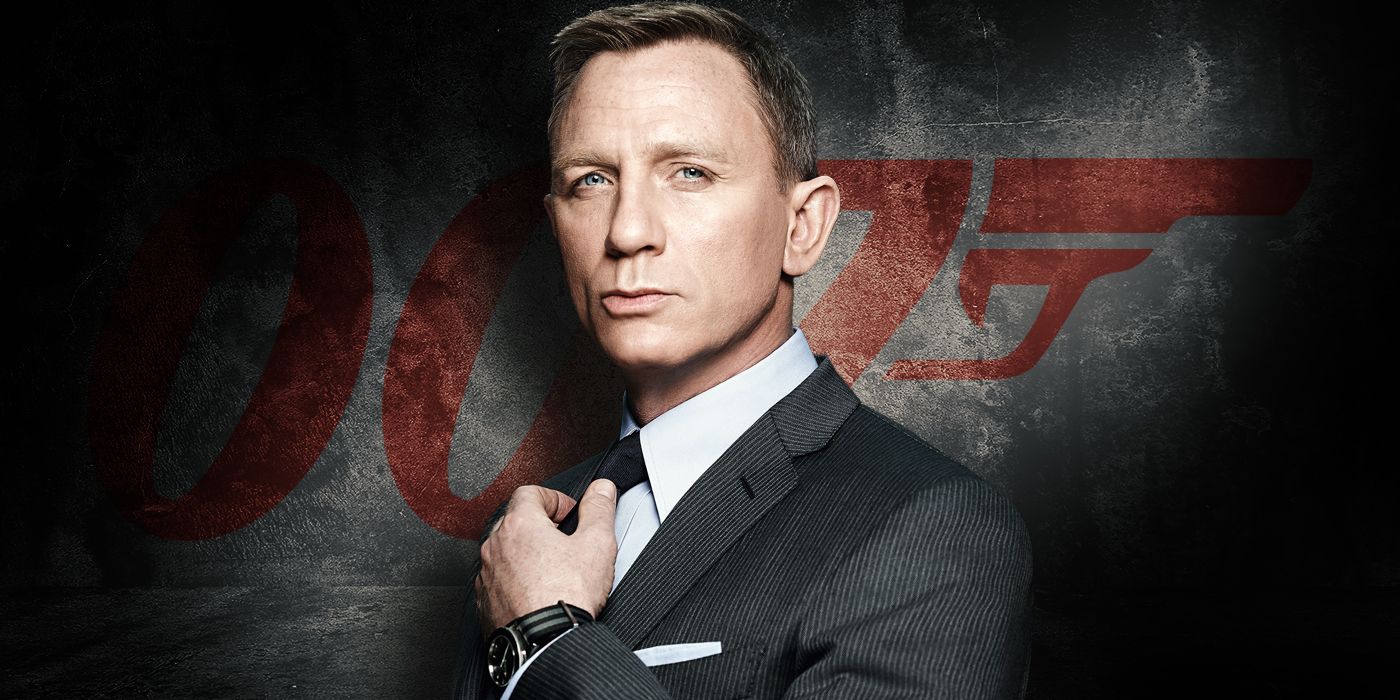

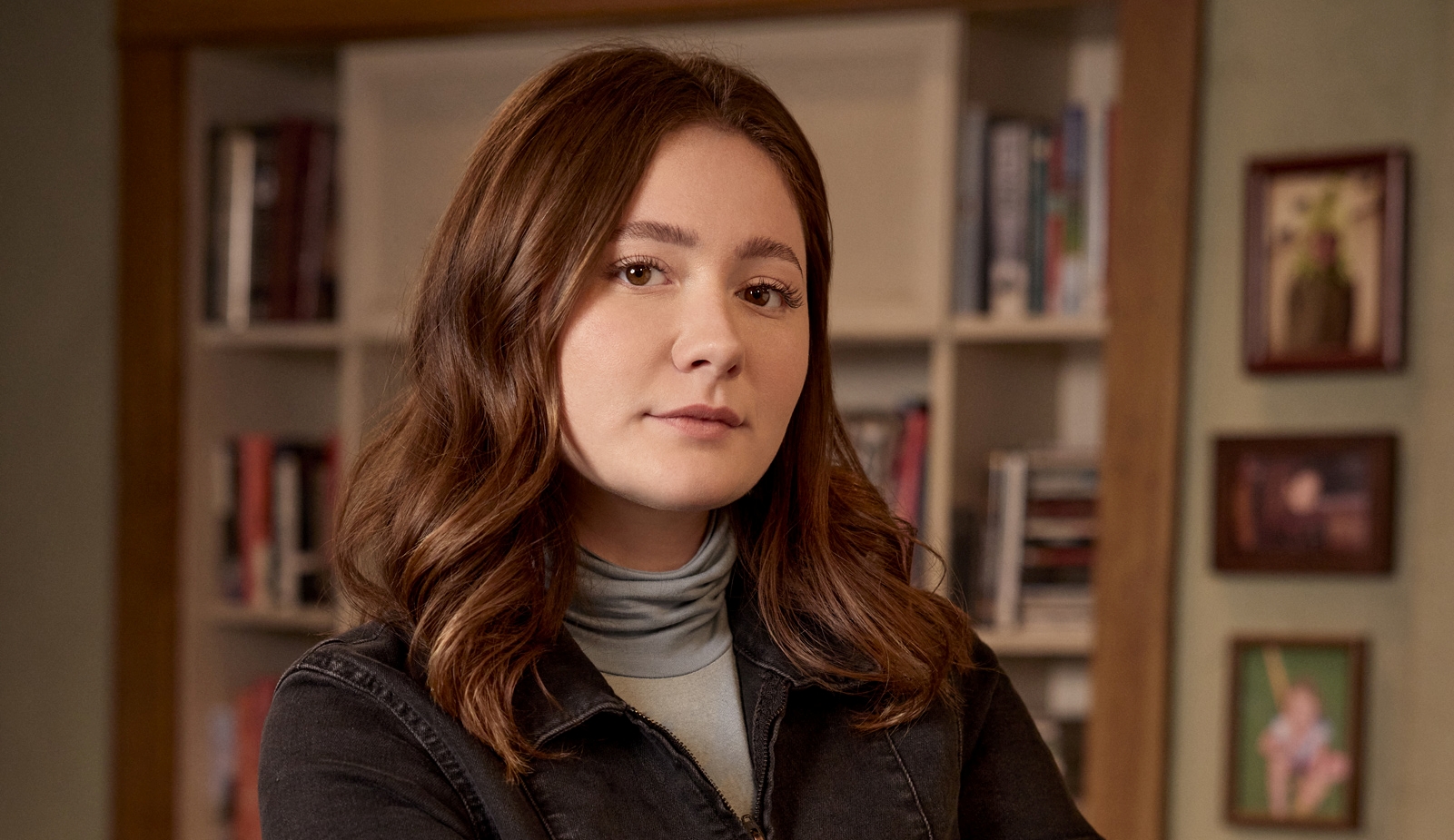

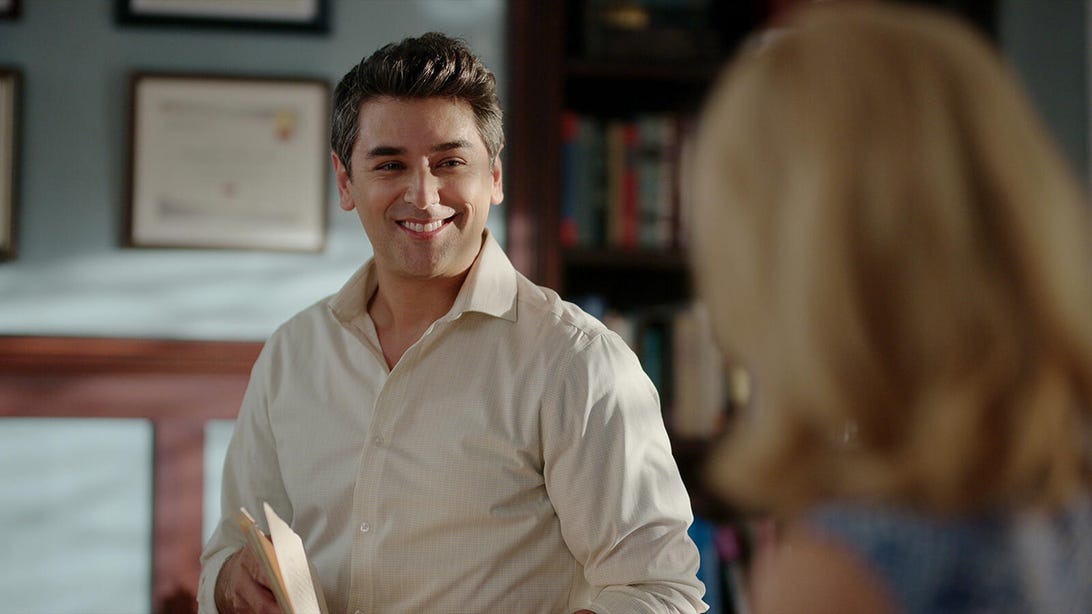


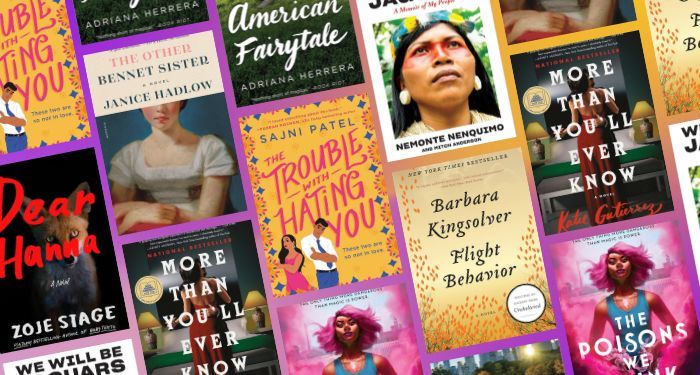
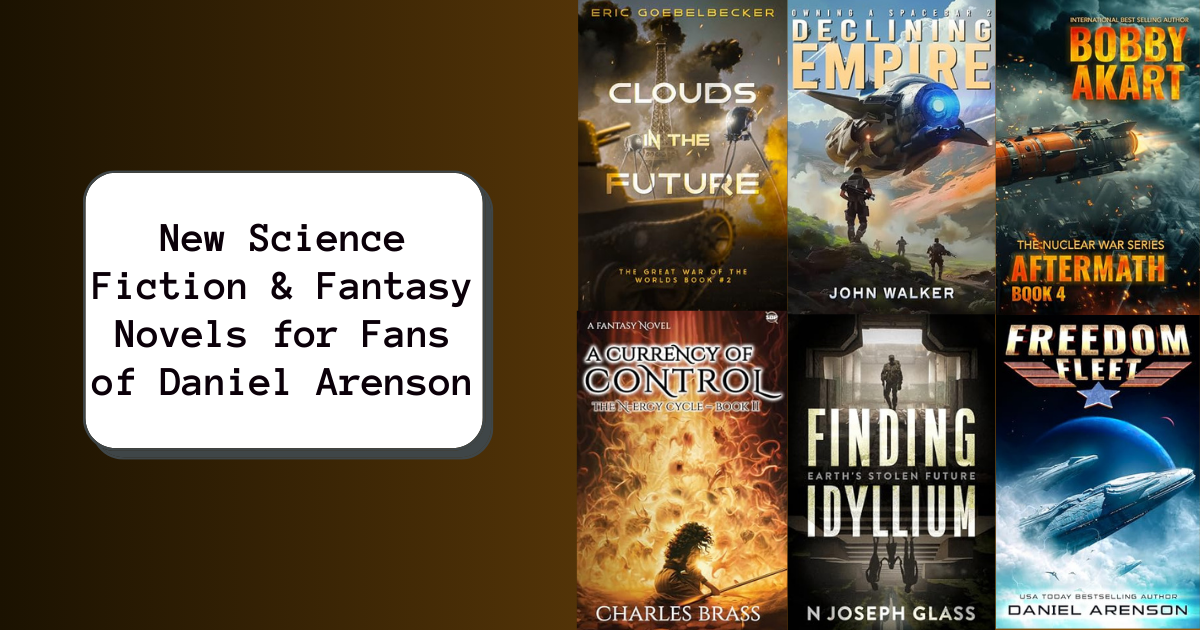


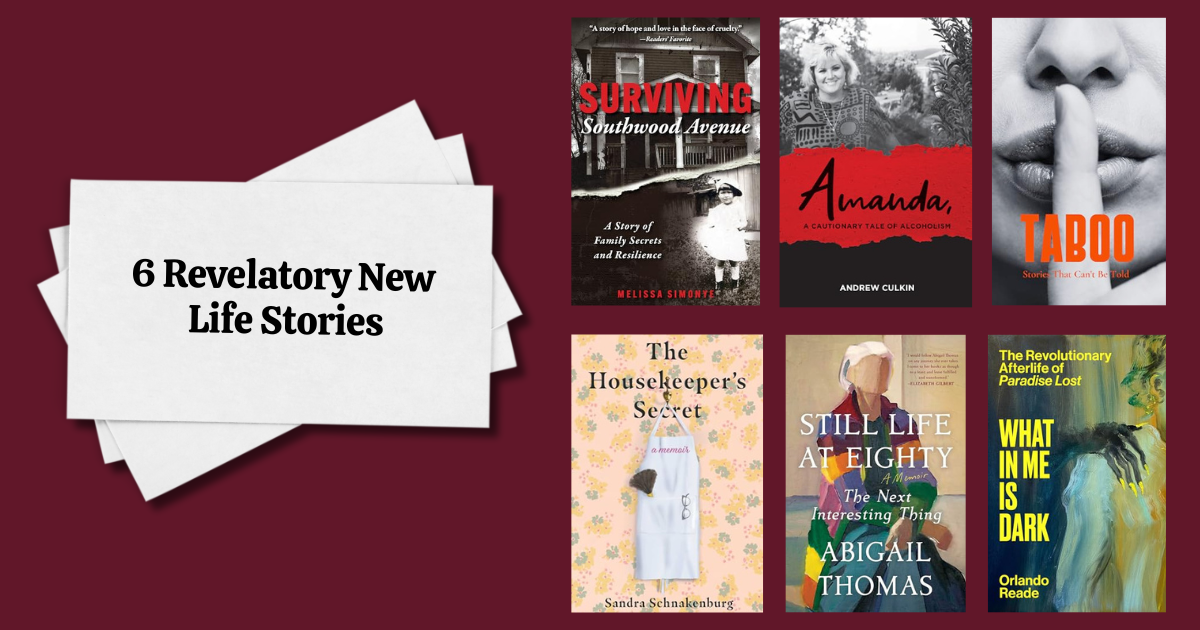




![Social Media Ad Spend by Platform [Infographic] Social Media Ad Spend by Platform [Infographic]](https://imgproxy.divecdn.com/fFyzSSAT7wH3XZmR-_UrPekb785HJmuBOImrd_p4QWI/g:ce/rs:fit:770:435/Z3M6Ly9kaXZlc2l0ZS1zdG9yYWdlL2RpdmVpbWFnZS9kaWdpdGFsX2FkX3NwZW5kX3Zpc3VhbGl6YXRpb24yLnBuZw==.webp)


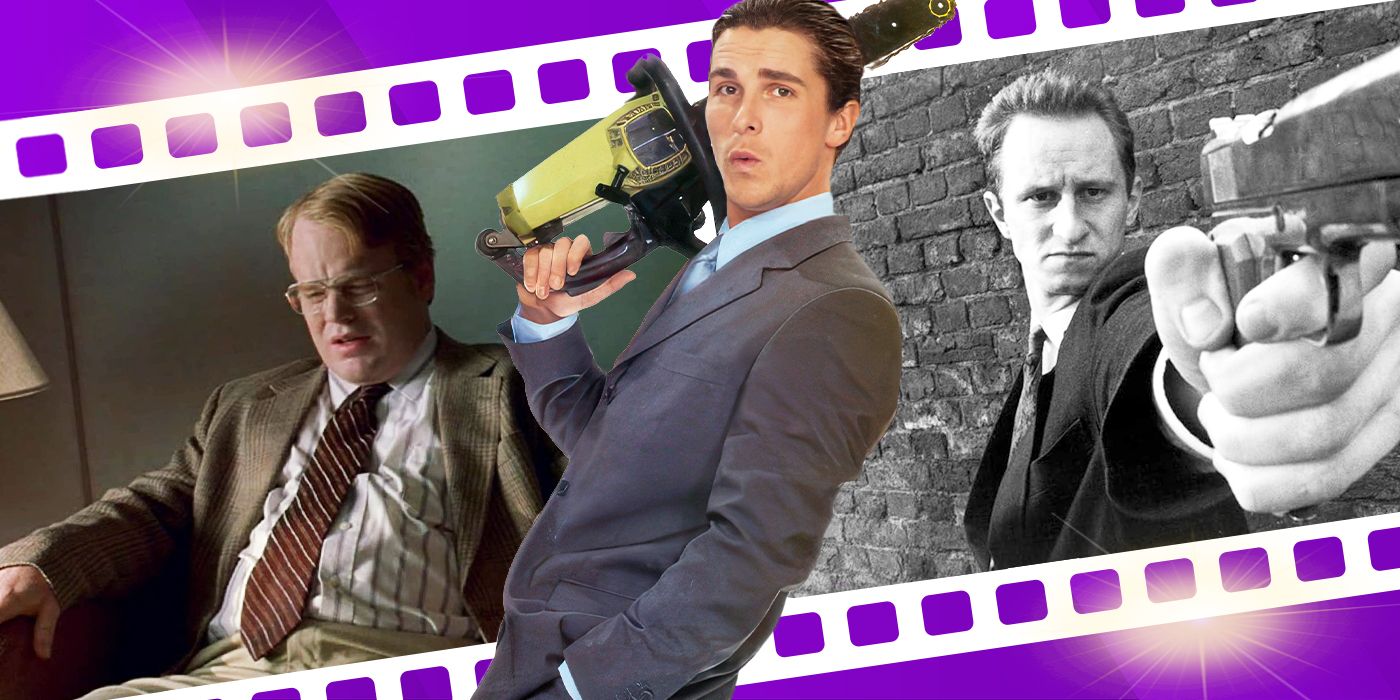



.jpg?q=49&fit=crop&w=480&dpr=2)
















